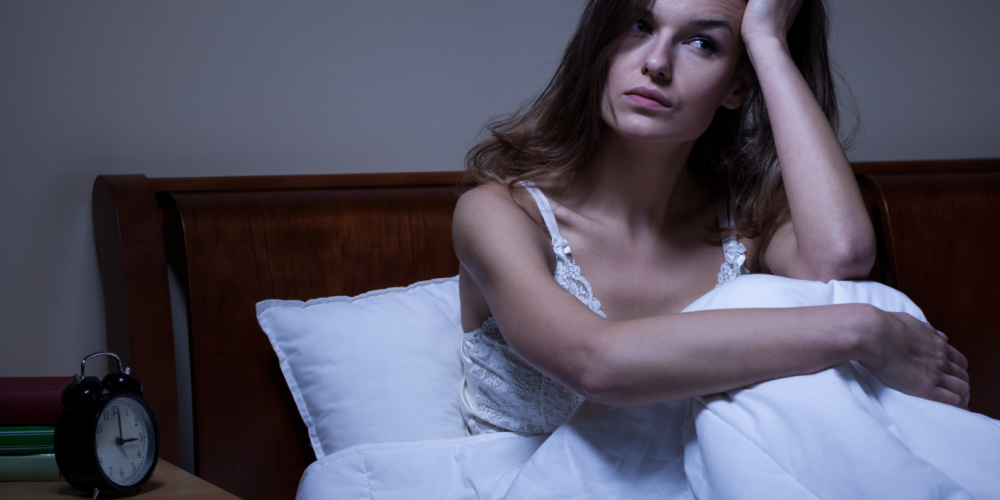
The lockdown measures may cause some people to develop sleeping problems and worsen existing sleeping problems, says sleep expert Olivier Mairesse. But there also appears to be a positive side. “People who’ve developed chronic sleep deprivation because they need to wake early to take the children to school and commute to work, can now maybe get the amount of sleep they need.”
Olivier Mairesse is a lecturer in clinical behavioural neurosciences at the faculty of Psychology and Educational Sciences. His clinical research focuses on sleeping disorders like apnoea and insomnia, as well as how extreme conditions such as confinement affect sleep. “For a sleep researcher like myself, this situation is really interesting because it allows us to contrast the effect of forced confinement on a general population, with that on people who’ve themselves chosen to stay on a remote base in Antarctica for instance.”
Below are his five tips for people whose sleep has been impacted by these exceptional circumstances.
1. Only go to bed when you’re feeling sleepy
You’re sleepy when you have to struggle to stay awake. By going to bed when you’re not sleepy enough, you may end up spending too much time awake in bed. This could also cause your sleep to become less robust. By doing this often, you will involuntarily train your body to be awake in bed, which may in the long term cause insomnia problems.
2. Use an alarm clock to wake up at the same moment every day
To wake up at the same time every day is more important than the time when you go to bed. Also try to get as much natural day light as possible in the morning. Open your windows and stick your head out if you can’t go outside.
3. Don’t just lie there when you can’t fall asleep
A lot of people will keep trying to fall asleep and don’t dare leave their bed. Don’t do it. It’s better to get up and to engage in a calm activity in another room.
4. Try to regularly exercise
Physical activities like walking, dancing and running help build up sleep pressure, which you need to be able to easily fall asleep. But don’t do anything too strenuous close to your bedtime, so roughly two hours before going to bed. An evening walk, in other words, is perfectly fine.
5. Avoid alcohol, caffeine and nicotine, especially close to bedtime
Alcohol may cause you to fall asleep slightly more easily, but it will also make your sleep less deep. Caffeine, on the other hand, will affect both your ability to fall asleep and your sleep quality, and is best avoided four to six hours before bedtime.
Olivier Mairesse is a lecturer in clinical behavioural neurosciences at the faculty of Psychology and Educational Sciences.
Have you stuck to your own rules the past few weeks?
“I’ve stuck to almost all of them. But I am going to bed too late at night at the moment. I’m under confinement in my own home because I’m in contact, albeit indirectly, with COVID-19 patients. This means I’m currently sleeping in our living room. Because my children go to bed late in the evening, I want to unwind a little after that. Which unfortunately means that I get less sleep than I should. Oh well, they say the dental hygiene of dentists isn’t always great either, so there.”
Participate in research about sleep hygiene in crisis situations
Because insomnia is a common symptom in crisis situations, Professor Olivier Mairesse (VUB/ULB) in collaboration with the CHU Brugman, is doing research on insomnia during but also before the lockdown period. Participate in the research on sleep hygiene in Corona times.
